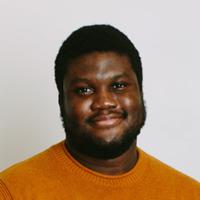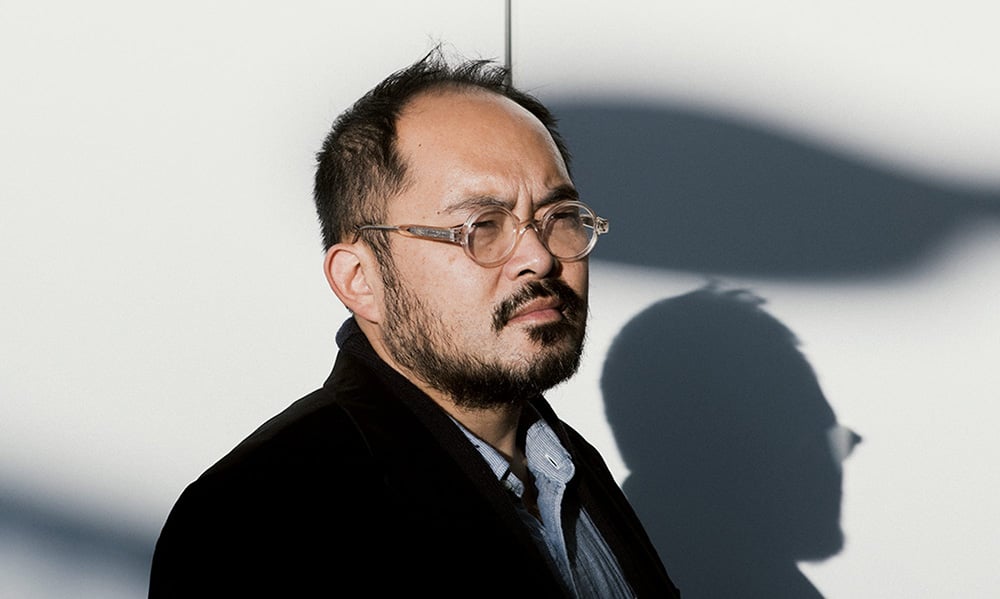Dystopia can be a great tool for fiction writers, letting storytellers use far-fetched scenarios to examine real-world issues and inequalities. But sometimes, dystopia hits close to home. Kevin Chong’s The Plague is one example.
In 2018 Chong, who teaches creative writing at the University of British Columbia and the Writer’s Studio at Simon Fraser University, undertook a retelling of Albert Camus’ classic dystopian novel to explore current issues.
The original story, published in 1947, follows the Algerian city of Oran as it battles a plague. Chong’s novel takes place in Vancouver. As the pestilence arrives, the city where everyone hikes, celebrates fireworks and “worked too much for too little” is reduced to empy market aisles and “tongue-in-cheek final gestures” to loved ones.
When Chong wrote The Plague, the premise seemed unbelievable. He couldn’t have known that only two years later, COVID-19 would strong-arm the world into a standstill, and the city that he described so clearly in his novel would be undertaking an extended period of mass isolation and quarantine.
Both versions of the story are told from the perspectives of different characters as they witness their city react to disease. Both works also examine the physical and emotional toll of isolation, as well as themes of human decency and resilience.
Chong had been cooped up all day due to physical distancing when The Tyee reached him at his South Vancouver home. As he stepped out for his quick daily walk around his quiet neighbourhood, he talked to us about his two-year-old book and what it has to say about our current moment. This interview has been edited for length and clarity.
The Tyee: Why did you decide to write this retelling of Albert Camus’ The Plague back in 2018?
Kevin Chong: I started writing this in fall 2016. I think it was right after the U.S. presidential election and everyone was just really, really down. Right around that time, my wife was just moving books in our house and my copy of Albert Camus’ The Plague was lying on the table. I thought, "There’s a certain hopefulness in that book," despite its very ominous subject, that appealed to me. I got to thinking about what it’d be like to try to tell my own version of it, to appropriate the story and try to update it.
I guess I was using the plague because Camus was using it to talk about the Nazi occupation of France. I was never trying to predict the future. I picked something that I didn’t think would ever happen, as a way of talking about certain issues that were happening in Vancouver. When I started telling people I was going to write a version of The Plague, they said, "You know, there’s a real one happening right now, which is the opioid crisis." And I think that’s the subtext of the story.
I have an entire area that I call “The Annex” in the book, which is really the Downtown Eastside. I don’t really explicitly say that, but that’s what I meant. I was trying to really use that plague to talk about what’s happening there, and what’s happening in the city in terms of inequity, to find a way to talk about it in a way that it would impact someone who’s not affected by issues of inequity or opioid abuse.
Would you recommend your book right now?
I always read books that are really good whenever I’m going through any difficult time in my life, to remind myself of what I do and what I aspire to do, and that’s literature that is in some ways transporting or makes you feel like you are part of this great community, this continuum of humanity. Maybe in that respect I hope people can read it. But not as a primer for being quarantined for so long.
In fact, if I knew then what I know now, I would have written a scene about being self-quarantined with your four-year-old, which I didn’t do. That’s been my experience of The Plague in 2020.
You mentioned that you were drawn to certain hopeful aspects of Camus’ book, themes that you really want to bring into your own version. What were they?
My book goes its own way, but there were certain themes that I loved in the original and I tried to do my own version of them. The central relationship in Camus’ book is between Dr. Bernard Rieux and a character named Jean Tarrou. I have characters named Rieux and Megan Tso in my book. I wanted to talk about the kinds of friendships that are formed in the face of adversity and how this can bring out the most generous sides of people, more often than not.
The premise of this book is very similar to our current reality. In fact, it’s freakishly spot on. Do you think that The Plague has something to say about today?
Yes, I do. COVID-19 revealed inequities in terms of who is staying above water. Who’s comfortable being shut in, who’s less likely to be more exposed to this illness, and whether some lives are worth more than others. We have people talking as though the life of an 80-year-old is nothing, like it’s something you can sacrifice if the Dow Jones jumps up 2,000 points. I think those themes are reflected in Camus’ book and hopefully in my book.
I also think there are really amazing people being courageous and impressive. Not just doctors and nurses, but people who show up to work at a grocery store and handle and interact with hundreds of people in a day. They risk their lives to do it because they have no other choice. It’s a revealing kind of moment. Now you see people become more of who they really are.
In your book you talk about how in crises, certain voices are mostly unheard or ignored. Could you explain that?
I really strived to make a story that didn’t have a primarily white cast. I think if there’s one focus of critique of Albert Camus’ work, it’s how he neglects the Arab and Berber people of Algeria. Even though he loved Algeria, his Algeria is very French and very white.
In terms of people who are currently being ignored, how can you social distance when you don’t have adequate housing or you’re in a homeless shelter or you’re on the street? How can you do all those things in spite of that? I think that’s the primary case in terms of who is marginalized.
I imagined in the book a futuristic version of Vancouver, where things have been pushed a little bit further and everyone’s a little crueler. The Downtown Eastside is paved over into a sort of better Olympic Village.
The plague is what happens when you push away a problem. It doesn’t go away; it just turns into something else. I saw the plague as a problem that was pushed aside and ignored, and returns with greater force. At first it just affects the poor and marginalized people, but then it comes back and it hits everyone. ![]()
Read more: Coronavirus, Municipal Politics, Media
















Tyee Commenting Guidelines
Comments that violate guidelines risk being deleted, and violations may result in a temporary or permanent user ban. Maintain the spirit of good conversation to stay in the discussion.
*Please note The Tyee is not a forum for spreading misinformation about COVID-19, denying its existence or minimizing its risk to public health.
Do:
Do not: